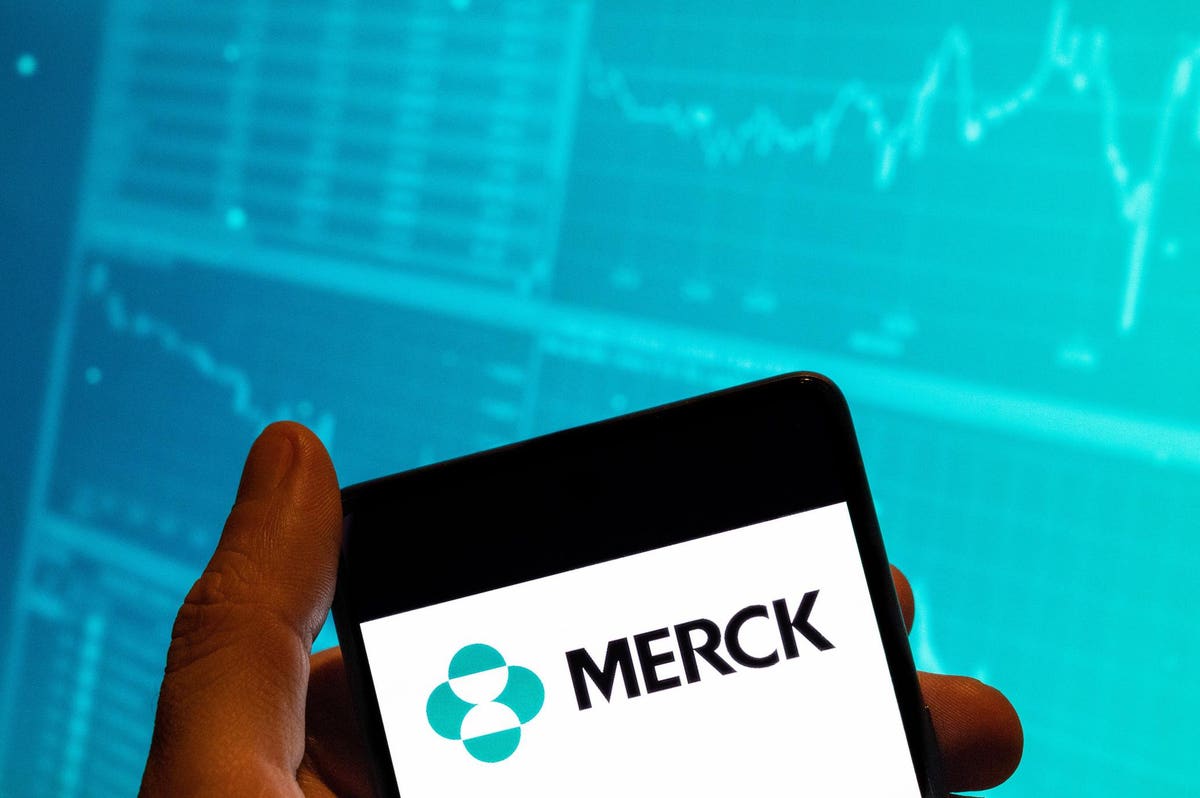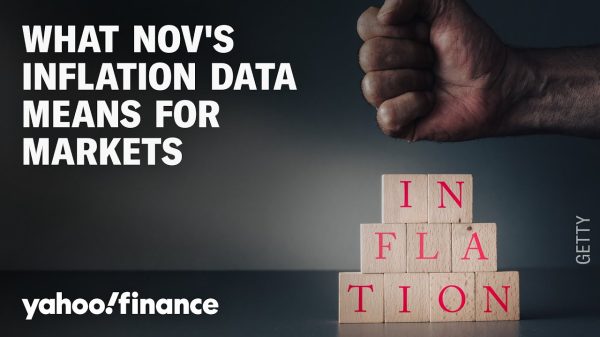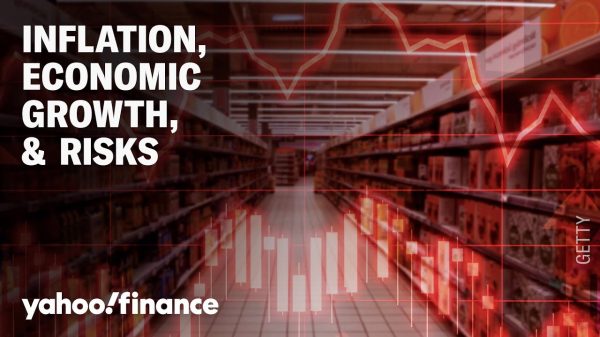Merck stock (NYSE: MRK) currently trades at $110 per share, roughly 43% above its level in March 2021, and it looks fully valued. Merck saw its stock trading at around $91 in late June 2022, just before the Fed started increasing rates, and is now 20% above that level. The stock has gained 28% since September 2022 compared to the S&P 500, which gained about 21% during this period. The rise in Merck stock over the recent past can be attributed to its upbeat Q1 and the company raising its full-year outlook. Merck recently acquired Prometheus Biosciences, bolstering its autoimmune pipeline and aiding its stock appreciation. Given that MRK stock has already rallied quite a bit since its lows in 2021, we believe it’s fully valued now and estimate Merck’s valuation to be around $112 per share, aligning with the current market price.
Our detailed analysis of Merck’s upside post-inflation shock captures trends in the company’s stock during the turbulent market conditions seen over 2022. It compares these trends to the stock’s performance during the 2008 recession.
ADVERTISEMENT
2022 Inflation Shock
Timeline of Inflation Shock So Far:
- 2020 – early 2021: Increase in money supply to cushion the impact of lockdowns led to high demand for goods; producers unable to match up.
- Early 2021: Shipping snarls and worker shortages from the coronavirus pandemic continue to hurt the supply
- April 2021: Inflation rates cross 4% and increase rapidly
- Early 2022: Energy and food prices spike due to the Russian invasion of Ukraine. Fed begins its rate hike process
- June 2022: Inflation levels peak at 9% – the highest level in 40 years. S&P 500 index declines more than 20% from peak levels.
- July – September 2022: Fed hikes interest rates aggressively – resulting in an initial recovery in the S&P 500 followed by another sharp decline
- Since October 2022: Fed continues rate hike process; improving market sentiments help S&P500 recoup some of its losses.
ADVERTISEMENT
In contrast, here’s how MRK stock and the broader market performed during the 2007/2008 crisis.
Timeline of 2007-08 Crisis
- 10/1/2007: Approximate pre-crisis peak in S&P 500 index
- 9/1/2008 – 10/1/2008: Accelerated market decline corresponding to Lehman bankruptcy filing (9/15/08)
- 3/1/2009: Approximate bottoming out of S&P 500 index
- 12/31/2009: Initial recovery to levels before accelerated decline (around 9/1/2008)
Merck and S&P 500 Performance During 2007-08 Crisis
MRK stock declined from $52 in September 2007 (pre-crisis peak) to around $24 in March 2009 (as the markets bottomed out), implying it lost nearly 54% of its pre-crisis value. It recovered post the 2008 crisis to levels of around $37 in early 2010, rising 50% between March 2009 and January 2010. The S&P 500 Index saw a decline of 51%, falling from levels of 1,540 in September 2007 to 757 in March 2009. It then rallied 48% between March 2009 and January 2010 to reach levels of 1,124.
ADVERTISEMENT
Merck’s Fundamentals Over Recent Years
Merck’s revenues rose from $39.1 billion in 2019 to $59.3 billion in 2022, led by Keytruda and its Covid-19 antiviral drug. Although Merck has seen a slight decline in sales over the recent quarters due to the lower contribution of its Covid-19 drug, its key products – Keytruda and Gardasil – continue to gain market share and deliver strong sales growth. Merck’s operating margin has expanded from 18.7% in 2019 to 27.8% now. Our Merck’s Operating Income Comparison dashboard has more details.
Does Merck Have A Sufficient Cash Cushion To Meet Its Obligations Through The Ongoing Inflation Shock?
Merck’s total debt increased from $26 billion in 2019 to $31 billion now, while its total cash increased marginally from around $11 billion to $12 billion over the same period. The company garnered $19 billion in cash flows from operations in 2022. Overall, Merck is in a very comfortable position to meet its near-term obligations, given its solid cash position.
Conclusion
With the Fed’s efforts to tame runaway inflation rates helping market sentiments, we believe Merck’s stock is now fully valued with limited upside, even if fears of a potential recession are allayed. In fact, the uncertainties around the U.S. government’s attempt to bring down the drug prices paid for by Medicare remain a key risk factor for Merck’s stock.
ADVERTISEMENT
While MRK stock looks like it is fully valued, it is helpful to see how Merck’s Peers fare on metrics that matter. You will find other valuable comparisons for companies across industries at Peer Comparisons.
Furthermore, the Covid-19 crisis has created many pricing discontinuities which can offer attractive trading opportunities. For example, you’ll be surprised at how counter-intuitive the stock valuation is for IDEX vs. Merck.
With inflation rising and the Fed raising interest rates, among other factors, MRK stock has fallen 1% this year. Can it drop more? See how low Merck stock can go by comparing its decline in previous market crashes. Here is a performance summary of all stocks in previous market crashes.
ADVERTISEMENT
What if you’re looking for a more balanced portfolio instead? Here’s a high-quality portfolio that’s beaten the market consistently since 2016.
Invest with Trefis Market Beating Portfolios
ADVERTISEMENT
See all Trefis Price Estimates
Read the full article here












